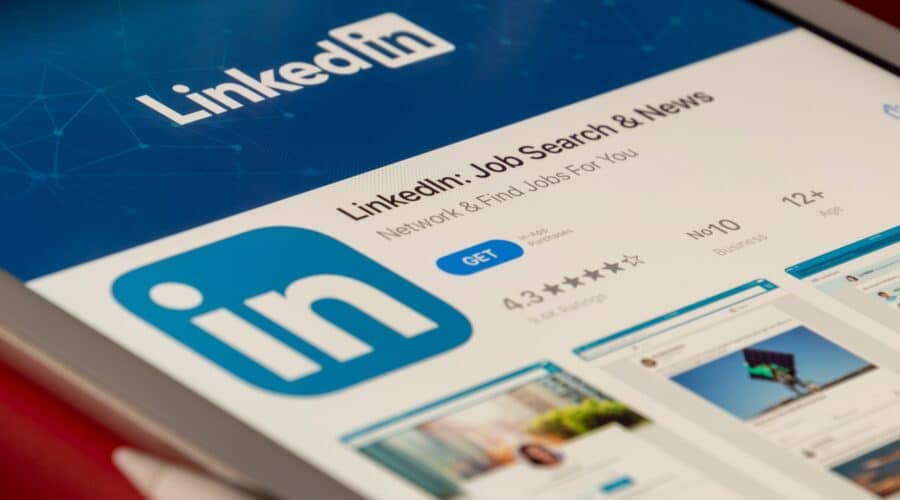If you’ve been researching investing opportunities, you may have come across the terms “accredited”, “non-accredited” and “sophisticated.” It’s important to understand the differences between these types of investors and that these investors have very different opportunities available to them. Read on to determine which category you fall in and whether becoming accredited should be in your future.
Life Bridge Capital works with both accredited and non-accredited (or sophisticated) investors to invest in our multifamily opportunities. Learn more
Accredited Investors Fulfill SEC Guidelines
Accredited investors are an exclusive subset of investors who meet the Securities and Exchange Commission (SEC) qualifications. To be an accredited investor, the SEC requires that at least one of the following conditions set forth in Rule 501 of Regulation D are met:
- Net Worth: Individual or joint net worth, excluding the value of a primary residence, that exceeds $1 million
- Individual Income: Individual income greater than $200,000 for the past two years with the expectation to reach the same this year.
- Joint Income: Income of a married couple or spousal equivalent that exceeds $300,000 for the past two years with the expectation to reach the same this year.
- Professional Certification: Any person holding at least one professional certification, designation, or credential from an accredited educational institution that the Commission has designated as qualifying an individual for accredited investor status.
- Knowledgeable Employees: Executive officers, directors, trustees, and advisory board members of a private fund, or an employee of a private fund who participates in investment activities of the fund and has been doing so for at least 1 year.
Several types of entities also qualify as accredited investors, including corporations, family businesses, and tribal entities.
Purpose and Significance of Accredited Investor Status
Private investment offerings can have fewer regulations, because they are restricted to accredited investors. By restricting some investments only to those who are deemed accredited, the SEC intends to promote investor safety in less-regulated private offerings.
The assumption is that by meeting the accredited investor qualifications, investors have either:
- An expert-level sophistication to engage in private offerings with an understanding of the possible consequences, or
- The financial wherewithal to absorb the potential for loss
Because of this, accredited investors have access to a greater number and wider variety of investment opportunities, including those not available to the general public.
Prior to the SEC’s adoption of the knowledgeable employee and professional certification qualifications in 2020, accredited investor status was reserved for the ultra-wealthy and high earners. This policy, while meant to protect investors who would be more likely to experience a financial crisis if the deal went badly, actually excluded some of the most qualified and knowledgeable investors. It consequently barred them from opportunities to climb into the ultra-wealthy ranks themselves.
Sophisticated Investors Are Recognized for Knowledge but Lack a Formal Classification
Sophisticated investors may also be called non-accredited investors, although not all non-accredited investors may be called sophisticated investors. Sophisticated investors are defined by the SEC as those who “have sufficient knowledge and experience in financial and business matters to make them capable of evaluating the merits and risks of the prospective investment.”
Many countries recognize the sophisticated investor status, although there are no formal qualifications to be classified as such. Sophisticated investors are often those who lead accredited investors and can be professionals such as accountants, bankers, and business owners.
In the United States, sophisticated investors have fewer investment opportunities than accredited investors. One noteworthy perk is that they can invest in Rule 506(b) offerings. Under this rule, securities may not be sold to more than 35 sophisticated investors, thereby reducing the sheer number of overall investment opportunities available.
Consequences of Confusing Accredited & Sophisticated Investors
Being dishonest when dealing with the SEC is not recommended, but investment companies are the party that primarily experiences the consequences for inaccurately classified investors. This is due to the non-accredited investor’s right of rescission and the company’s greater disclosure duty to non-accredited investors.
Many jurisdictions give non-accredited investors the legal right to rescind their investment, and some jurisdictions have no time limit for the rescission. This means that a non-accredited investor can demand the return of their money regardless of the contract or the consequences to the company.
Unknowingly working with non-accredited investors positions investment companies to be subject to SEC penalties as well. For instance, the SEC requires that companies provide greater disclosures to non-accredited investors and places caps on the number of non-accredited investors in certain offerings. Any company will find it challenging to comply with rules for non-accredited investors when they believe their investors are in fact accredited. That’s why it’s so important to understand your own investment qualification—so you can present yourself accurately to any parties you invest with.
Final Thoughts
Accredited investor status remains the gold standard for investors. This designation opens many doors for those who can meet the requirements. Long-term, those keen to reach the highest levels of investment should keep an eye toward meeting accreditation standards. In the interim, sophisticated investors can still find opportunities as well.
Life Bridge Capital works with both accredited and non-accredited (or sophisticated) investors to invest in our multifamily opportunities. Learn more



